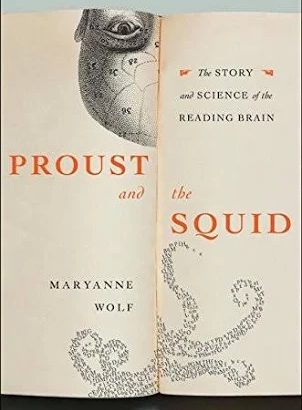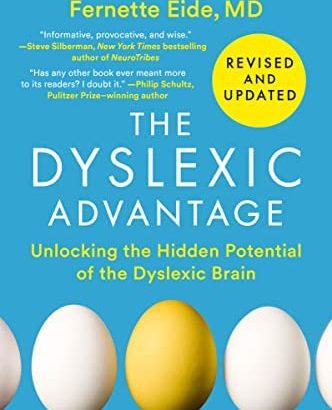
Proust and the Squid: The story and science of the reading brain, by Dr. Maryanne Wolf Dr. Maryanne Wolf has authored more than 160 scientific articles, she designed the RAVE-O reading intervention for children with dyslexia, and with Martha Denckla, co-authored the RAN/RAS naming speed tests, a major predictor of dyslexia across all languages. Currently […]






